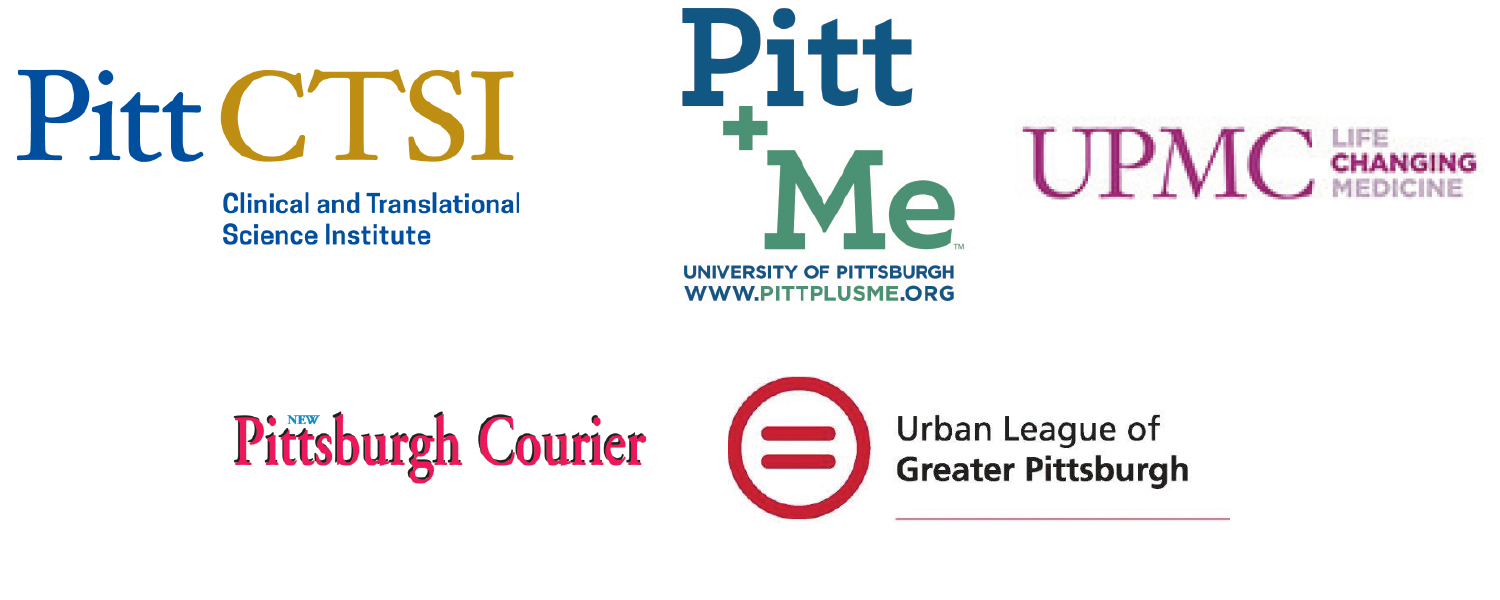CARLOS T. CARTER
This month’s Take Care of Your Health Today (TCYHT) focuses on the importance of adequate wound care — specifically as it affects two groups of people: Individuals who inject their drugs and diabetics who suffer from foot ulcers.
Joining us with insight on this health topic is Carlos T. Carter, President & CEO of the Urban League of Greater Pittsburgh.
Q: Carlos, wound care is a crucial aspect of healthcare that doesn’t always receive as much attention publicly as other medical topics. However, it’s incredibly important, especially for preventing infections, promoting healing, and improving quality of life.
How can we improve wound care knowledge in our community, including the importance of treating wounds quickly under the care of a wound specialist?
Carlos: There are so many issues impacting our community! It can be overwhelming for our people who must deal with so much. This includes struggling to put food on the table, paying rent or a mortgage, and being able to afford gas to get to work.
But you’re right! Wound care is important, too, especially for certain groups of people like diabetics and people who inject their drugs. Unfortunately, specialized healthcare resources for wound care are often lacking for African Americans who suffer more from conditions that affect the body’s natural ability to heal wounds.
For example, according to the National Institute of Health, Black American adults are nearly twice as likely as non-Hispanic White adults to develop type 2 diabetes — a racial disparity that’s been rising over the past 30 years.
Lack of access to a healthy diet, exercise, and medical care are directly correlated to inhibiting the body’s ability to properly heal. Improper wound care can lead to infections, sepsis, and even amputations.
Some standard advice that can help protect our community members is to perform daily skin checks for wounds, keep open sores covered, clean and dry, and watch out for any signs of infection. Of course, we always recommend speaking with your doctor sooner rather than later if they have a wound that’s not getting better!
To increase awareness about wound care, we need to partner with healthcare professionals and public health officials in community settings where vulnerable people live, such as churches, community centers, and barbershops. In these settings, we must share educational tools and prevention strategies that empower people to protect their health.
Q: One of our big challenges to reducing health disparities is breaking down barriers to high-quality health care, including wound care. How can we make sure people who are vulnerable to skin infections get the information they need to protect their skin health?
Carlos: The same barriers that impact people of color for all types of medical treatment and preventative care are equally applicable to wound care. That includes distrust in the medical system, access to transportation for appointments, and challenges around work schedules and medical coverage.
For wounds specifically, we need to have more trained health experts and ambassadors in marginalized communities who can educate community leaders and caregivers. Resources should be available in spaces where people live, work, and play, including libraries, schools, and churches.
The resources should be clearly written and convey the seriousness of treating skin infections quickly. Materials should include wound care centers’ phone numbers, addresses and other information, so people can easily call and make an appointment.
There’s also a need to lessen drug use overall, which often causes what are initially small cuts that may later become infected.
People who engage in injection drug use need to receive education about harm reduction services, including ways to prevent infections that may lead to serious health issues.
We also need to ensure the many family caregivers in our community are equipped with the knowledge and resources they need to provide good wound care. This will improve their loved ones’ well-being and quality of life.
